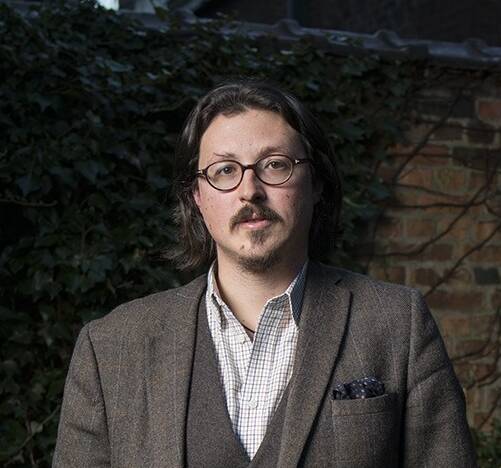Readers will no doubt remember the outrage caused when Poland closed its borders and Hungary’s decision to confer a series of extraordinary provisional powers to its government, in order to better manage the pandemic. As usual, European institutions claimed to be “worried” and feared that there would be an “erosion” of the rule of law.
However, barely a few weeks later, most of the other European countries adopted very similar measures but neither Western governments, nor their quick-to-judge media, felt the need to issue any corrections with regards to their “condemnation” of Hungary and Poland. Indeed, it would appear that they had completely inversed their positions for now that the Visegrád countries are trying to lighten the effects of lockdown as much as possible, Western governments are hardening theirs.
The French administration headed by Jean Castex is even now trying to obtain perennial extraordinary powers in order to by-pass parliamentary confirmation on a number of subjects, such as the restrictions of individual freedoms “in everyone’s best interests” as well as the threat of having citizens that refuse to be “voluntarily” vaccinated excluded from both large parts of what makes daily life pleasant and their fundamental rights.
In such a critical situation, where it is not only citizens but also political parties that are divided on the path to follow, would it not be a grand idea to put the opinion polls down to one side and, in an objective and public manner, ask the people what they thought?
After all, has the European Union not given itself the role of “last defender” of democracy and human rights on more than one occasion?
Despite many demonstrations, often with the participation of tens of thousands of citizens, against a lockdown that will cause lasting damage to Western economic prosperity and democracy, it would appear that there is no political answer to these concerns. Indeed, such demonstrations are more often than not banned or broken up, as well as mocked by the press, and labelled as “far-right” meetings.
Amongst all the European countries, it is Hungary – that “illiberal” state under the threat of sanctions from EU institutions for baffling democratic principles – that has decided to carry out such a public consultation. Since mid-February, Hungarians have been given the possibility to answer very different questions such as “should lockdown be gradually lifted or simply stopped?”, “should vaccinated or immune people be given the right to be exempted from restrictive measures?”, “should foreigners wanting to visit Hungary be in possession of documentation certifying that they are vaccinated or immune?”, “when should businesses be reopened?” as well as many other questions.
Admittedly, it should be stressed that this is a consultation and not a referendum and we should bear in mind how popular opinion drastically shifted in such a short time when confronted with heavily influenced statistics and a clearly biased media. Nevertheless, this is all part and parcel of a democracy in which it is the people that decide what path to tread and not a technocracy, where it is a committee of “experts” that decides.
Of course, very few of us are virologists or doctors. Likewise, not many of us are military strategists, international diplomats, tax experts or lawyers. Yet we are regularly called upon to vote for political candidates and parties, and thus, we are asked to take very specific decisions regarding our national defence, fiscal, judicial and foreign policies.
Stopping the people from exercising their democratic right on a question as fundamental as the duration of a lockdown, that leads to economic suicide and long-term divisions in society between those that are vaccinated and those that aren’t, on the basis that they lack the “scientific knowledge” in order to be able to analyse the situation, is just a way of discrediting our democratic systems and transforming our countries into technocracies or oligarchies. In such a world, the political role of the people is reduced to just applauding the government and being thankful that they are still allowed to have some scrapes of local public services.
The fact that it is a so-called “illiberal” democracy that is turning out to be such a good role model to “liberal” democracies should perhaps give us cause to reflect upon the dangerous course that Western Europe has been taking for some time.




